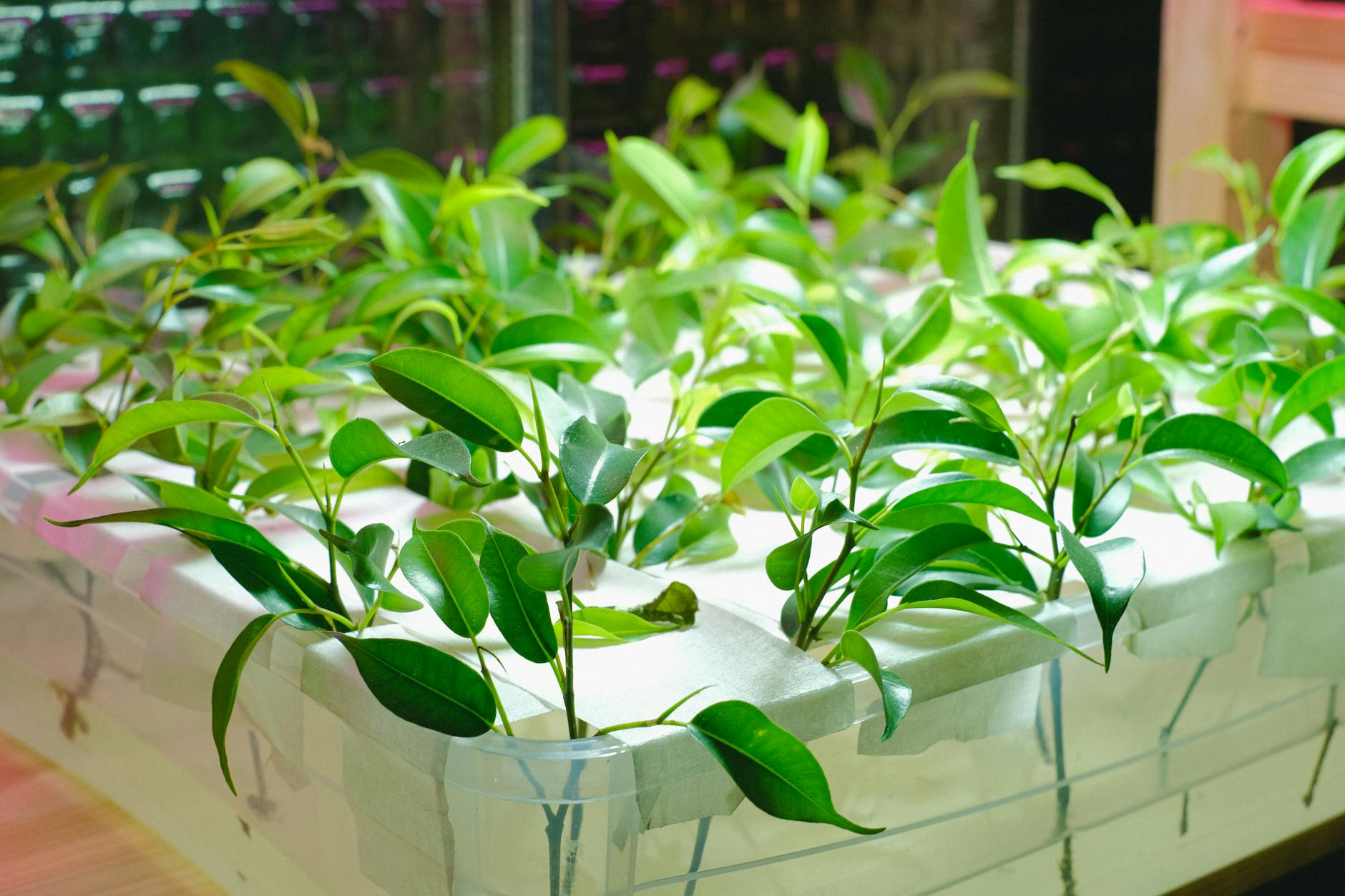- The Concept of Hydroponic Shipping Container Farming
- Advantages of Hydroponic Shipping Container Farming
- How Hydroponic Shipping Containers Work
- Potential Impact on Agriculture
- Conclusion
Hydroponic Shipping Container Farming: Innovative and Sustainable
Hydroponic shipping container farming is a cutting-edge method that revolutionizes traditional farming practices. By integrating technology, sustainability, and innovation, this modern approach to agriculture has garnered significant attention in recent years. This article delves into the world of hydroponic shipping container farming, exploring the benefits, methods, and potential impact on the agricultural industry.
The Concept of Hydroponic Shipping Container Farming
Hydroponic shipping container farming involves growing plants in a controlled environment without soil. Instead of traditional farming methods, hydroponics utilizes a nutrient-rich water solution to nourish plants. By converting shipping containers into self-contained hydroponic systems, farmers can create ideal growing conditions regardless of location or climate. This innovative approach allows for year-round production, increased crop yields, and efficient resource utilization.
Advantages of Hydroponic Shipping Container Farming
One of the key advantages of hydroponic shipping container farming is its sustainability. By optimizing resources such as water and nutrients, this method significantly reduces water consumption compared to traditional farming. Additionally, the controlled environment minimizes the need for pesticides and herbicides, resulting in healthier and more natural produce. The ability to grow crops in urban areas or regions with limited arable land also reduces transportation costs and carbon emissions associated with food distribution.
How Hydroponic Shipping Containers Work
Hydroponic shipping containers are equipped with specialized systems that regulate environmental factors such as temperature, humidity, and lighting. LED lights mimic natural sunlight, providing plants with the necessary light spectrum for photosynthesis. Nutrient solutions are continuously circulated to deliver essential minerals directly to the plant roots. Advanced monitoring technology enables farmers to track and adjust conditions remotely, ensuring optimal growth and crop quality.
Potential Impact on Agriculture
The adoption of hydroponic shipping container farming has the potential to revolutionize the agricultural industry. By decentralizing food production and shortening supply chains, this method enhances food security and promotes local self-sufficiency. As urban populations continue to grow, hydroponic farming offers a scalable solution to meet the increasing demand for fresh, sustainably grown produce. Furthermore, the integration of automation and data analytics can further improve efficiency and productivity in agriculture.
Conclusion
Hydroponic shipping container farming represents a leap forward in sustainable agriculture, combining innovation and technology to address the challenges facing traditional farming practices. With its efficient resource utilization, reduced environmental impact, and potential for scalability, this method offers a promising solution for the future of food production. As the global population grows and environmental concerns heighten, embracing innovative approaches like hydroponic shipping container farming is essential for building a more sustainable and resilient food system.


